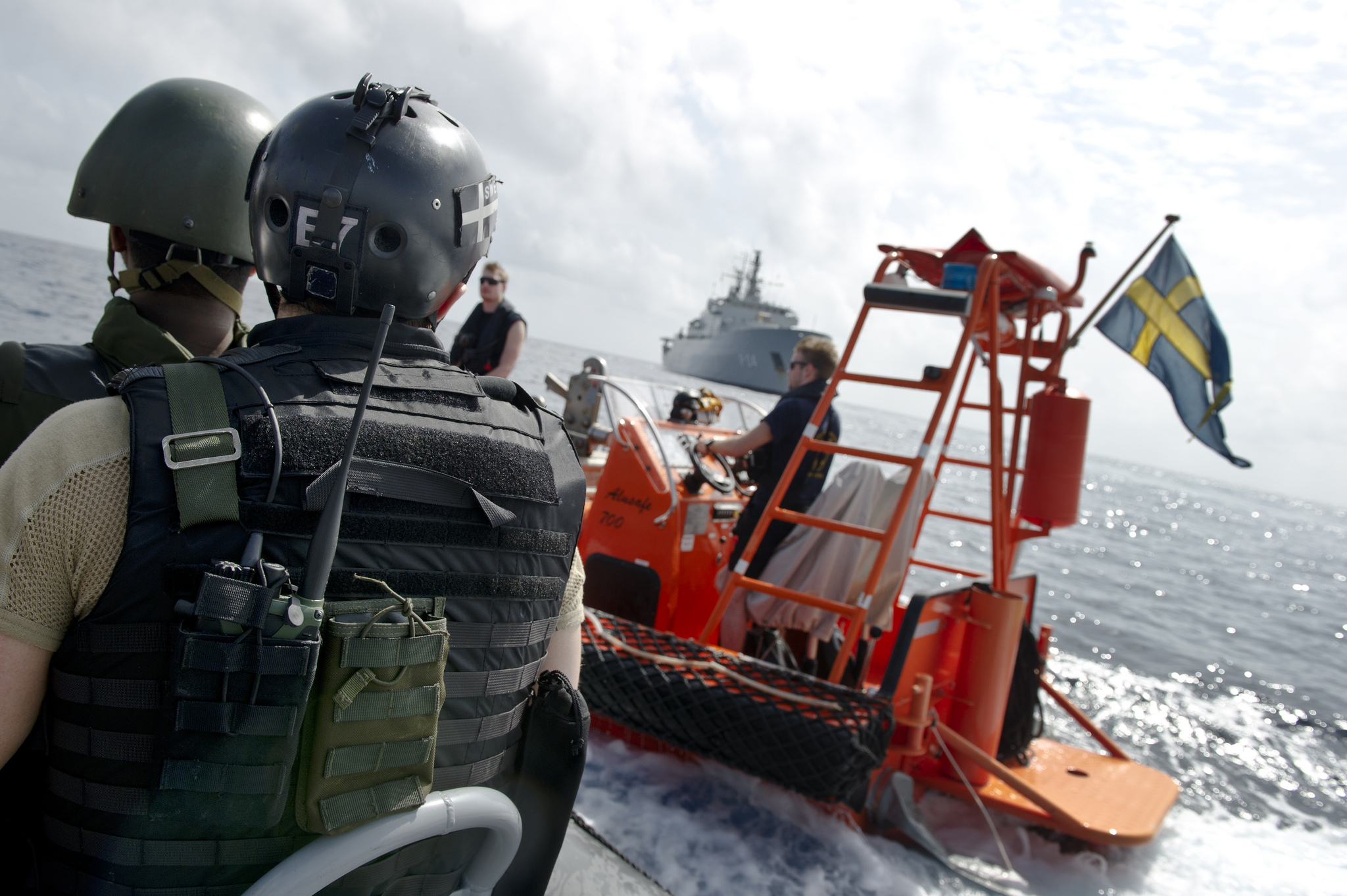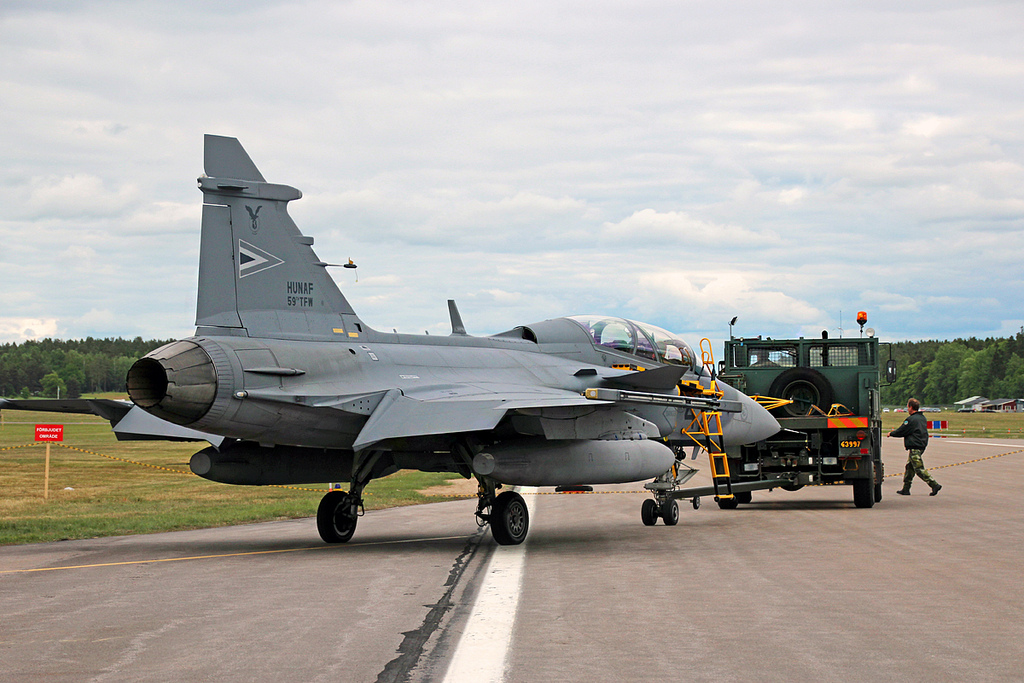This opinion piece is part of a two-part series. Click here to read the pro-NATO article.
It has been one and a half years since a pixelated picture of something sparked one of the largest military manoeuvres in recent Swedish history. Despite all efforts, the object was never found. The suspect was quickly named – Russia was credited with the elusive alleged submarine. It marked yet another incident in a long row of Swedish submarine scares spanning back all the way to 1962. However, many doubts were raised concerning the veracity of the picture, and both Russian and Western experts suspected the Swedish military of staging the event in order to push for more funding. It was not an isolated incident, though. It was the end of 2014, the conflict in Ukraine was in full motion, and the sabre-rattling of both Western and Russian forces had drowned out all calls for peace. In Swedish public debate, the subject of NATO – long a no-no – was on the table yet again. But there are good reasons why Sweden has not, and should not join NATO.

The first thing that comes to mind when looking at the pro-NATO side of the story is how mind-boggling it is that it is discussed under all the wrong pretexts. Russia is neither interested, nor capable of attacking or even conquering Sweden, despite all bellicose statements pointing to the contrary. While Russia’s military is surely a force to be reckoned with, its military budget is only a tenth of NATO’s. Russia does not stand a chance in conventional warfare. Even when considering all other actors in the region, Sweden is in no particular danger. Statements like the one made in 2012 by then Supreme Commander of the Swedish Armed Forces, Sverker Göransson, that Sweden would only be capable to defend itself for a week are cheap fear-mongering and hold no connection to reality.
Sweden has neither a large Russian minority, nor a common history that would enable Russia to make a claim on Swedish lands and legitimise its actions towards its own people. If anything, Russia will direct its gaze towards Eastern Europe, the South Caucasus, or the Central Asian countries. Rather than ogling Swedish territory, Russia is interested in keeping Sweden out of NATO. Joining simply for the sake of defying Russia would be a childish and erroneous decision.
Since Sweden has previously deployed troops in Afghanistan, holds joint exercises with NATO, and contributes to NATO’s rapid response forces, it can be said to have abandoned its treasured principle of neutrality. However, the additional decision-making powers praised by the pro-NATO faction are minimal, while the diplomatic consequences would be severe. Pushing away Russia will not open up for a peaceful process or an increase in stability in the Ukrainian conflict – rather, it will only complicate things again, and threatens to render the considerable progress that has been made so far null.

It should also be noted that Sweden is quite a pacifist society, and has enjoyed a longer period of peace than many other European countries. Combat actions would only garner limited approval from the population. When Sweden signed the Memorandum of Understanding with NATO in 2014, marking a strengthening in Sweden-NATO relations, and thus allowing the stationing of NATO troops in Sweden, it did so in a hasty process, without due prior deliberations. This was criticised by many people, and politicians from Miljöpartiet presented a motion to the Riksdag in which they demanded that the negotiations be halted until the case had been properly assessed.
One of the inevitable consequences of joining NATO will be the marked increase in military spending. In 2014, NATO members pledged to increase their defence budget to 2% of their GDP until 2024. Since Sweden currently can only account for 1.2%, it will have to redistribute quite a bit of its resources amid a weak economy, an education system suffering from too-low spending and a congested housing market. Devoting funds to fending off an imaginary threat can hardly be justified.
Finally, the issue of Sweden joining NATO should also be viewed on a larger scale. Sweden is heading toward militarism if the demands of its hardliners are met. They would be following in step with the scourge of militarism that has loomed over Europe and large parts of the world and humanity, which has reaped bitter harvests from warfare. Sweden will have to decide whether it shall betray majority interests, economy, its principles of non-alignment, and strong development aid for a NATO whose forces have rarely been used for the common good. Peace must be brought by peaceful means, not by guns and bombs.
Photo credits:
Cover picture: Marc Riboud, edited by Michael Schätzlein
Picture 1: European Union Naval Force Somalia Operation Atalanta, licensed under CC BY-ND 2.0
Picture 2: Ulrika, licensed under CC BY-ND 2.0










